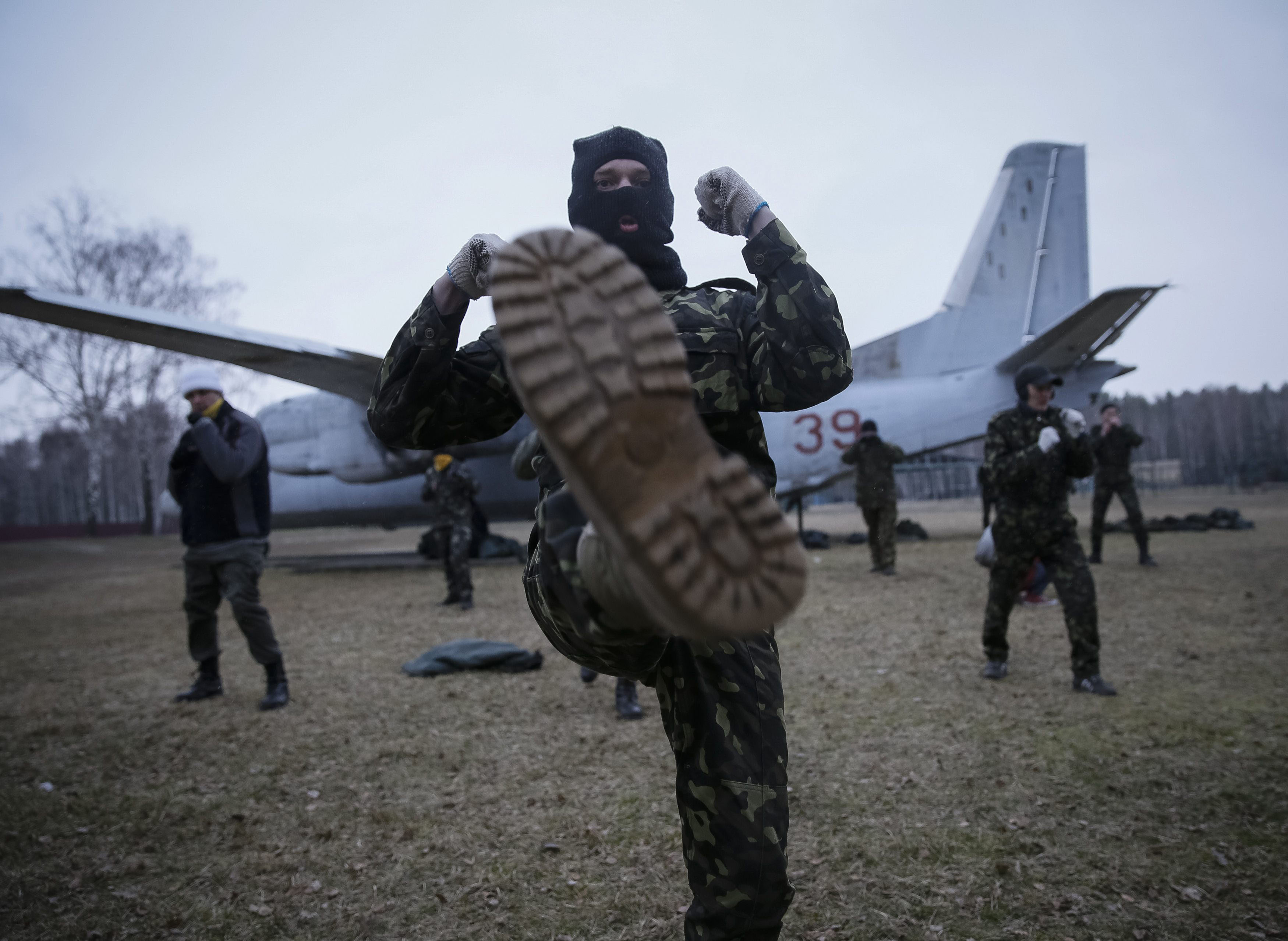As tensions between Russia and the West grew more heated with Vladimir Putin's rapid move Monday to recognize Crimea as an independent state, his actions and motives remain opaque to U.S. and European officials.
Some in the U.S., including former Secretary of State Madeleine Albright, have dismissed the Russian president as "delusional" or intent on recreating the Soviet Union. Others, including former Secretary of State Hillary Rodham Clinton, see Putin taking his strategic cues from Adolf Hitler's 1930's playbook to undermine Eastern European stability and the post-Cold War order.
Current and former intelligence officers, such as Eugene Rumer, say the keys to understanding Putin's decision-making lie in Russian history and in his mission to create a Eurasian Union. Rather than rebuilding the Soviet Union, they say Putin is acting on a long-standing goal to create a buffer zone to counter the encroaching West, an ambition that suggests Crimea may be just an initial step. They warn he may see Western attempts to punish Russia as further provocations.



